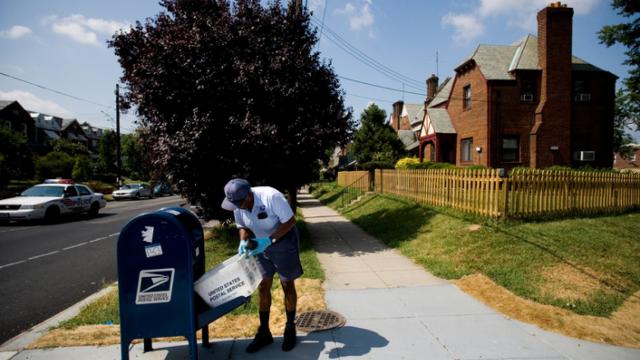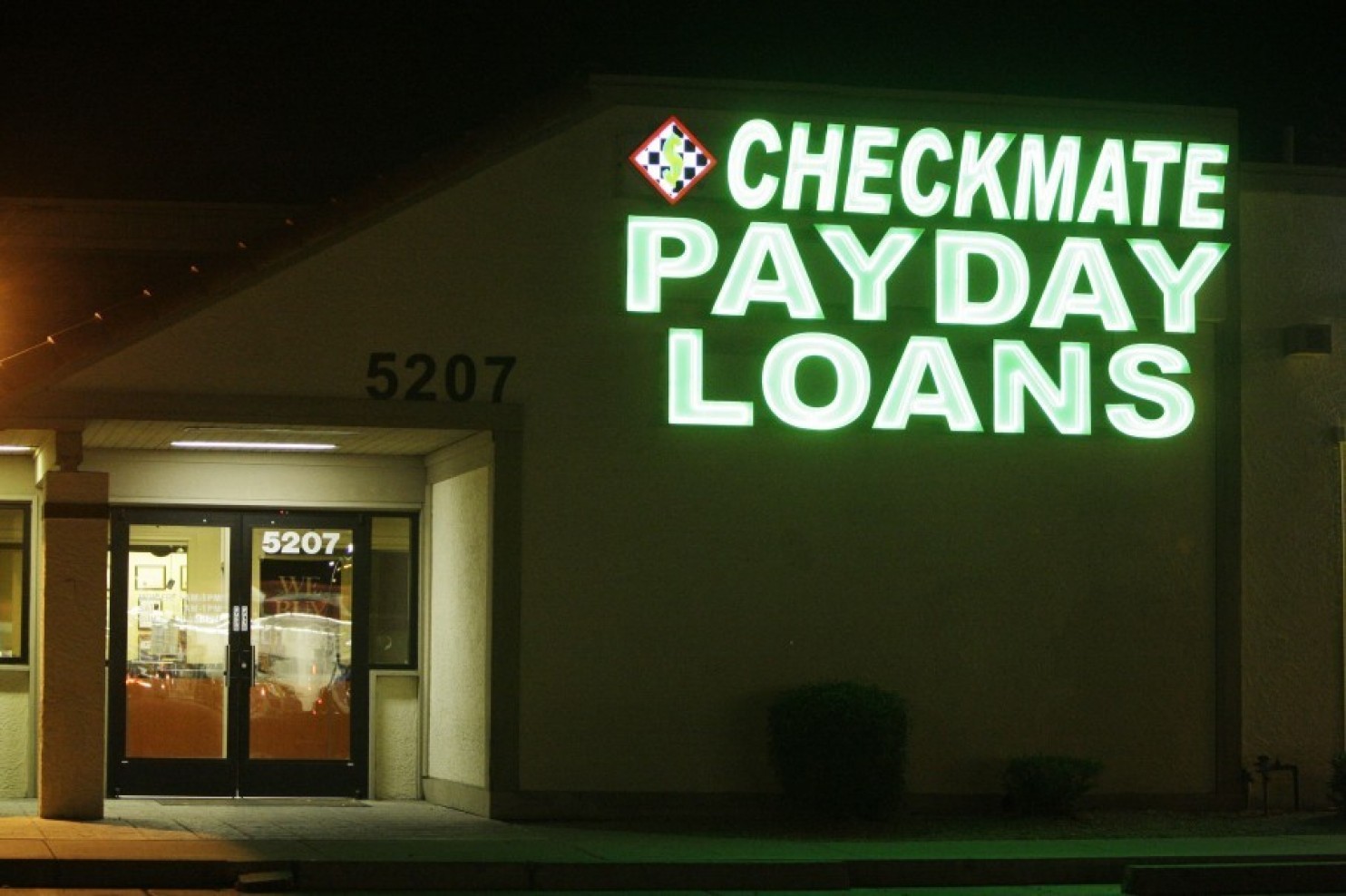
After college, Sally Frank, of Dallas, fell on hard financial times.
To help meet her hefty student loan payments and other bills, she cut costs by sharing a two-bedroom apartment with three people and picked up extra work whenever she could.
“But it still wasn’t enough,” she said. “Eventually there came a time when I was so far behind that I didn’t have money for rent… I took out a payday loan to cover the rent and then I was really in deep water. I ended up having to take out two more loans over the next two months to cover that first loan….The loan was $150. I ended up paying over $2,000 to the payday lending industry over the next 4 months.”
Gordon Martinez in Richardson, Texas also turned to payday loans after some admittedly irresponsible financial behavior left him in the red. A musician, he used his prize possession, a tuba worth $8,000, as collateral to borrow $500 from a payday lender.
Over two years, he said he paid back $3,700. But he still lost the tuba. “Never would I consider using (financial) products like this again,” he said.
Frank and Martinez might be through with payday loans, but plenty of other people aren’t. If there were more alternatives in neighborhoods lacking banks, payday customers might not be driven to lenders with a reputation for exploiting borrowers with high-interest loans that roll over and over and over.
Cue postal banking.
Postal unions and civil rights groups are among other advocacy organizations, along with the U.S. Postal Service inspector general, pushing USPS to expand into banking. Sen. Bernie Sanders (I-Vt.), a Democratic presidential hopeful, agrees. But USPS, which could use the business, has no interest.
Providing financial services in post offices “could benefit the 68 million underserved Americans who either do not have a bank account or rely on expensive services like payday lending and check cashing,” says an inspector general report issued in May.
“The products also could help the Postal Service generate new revenue to continue providing universal service. Because it has a presence in every neighborhood, including many places where there are no longer any bank branches, the Postal Service is well suited to provide such services. In addition, its well-trained workforce is already experienced at handling complex transactions and watching out for related fraud and other risks.”
The push for postal banking received a boost this month with an article by Mehrsa Baradaran in The Atlantic. Baradaran, a University of Georgia School of Law associate professor, advocates a “central bank for the poor,” as an alternative to “the unscrupulous practices of payday lenders.”
Postal banking, she wrote, could provide short-term loans and “potentially drive out the usurious fringe-lending sector, which profits from Americans’ financial woes.” Her article was adapted from her book “How the Other Half Banks: Exclusion, Exploitation, and the Threat to Democracy.”
USPS officials regularly trumpet what they are doing to improve the Postal Service’s financial situation, including such things as selling greeting cards. But the officials have rejected postal banking.
“While we currently provide our customers with certain financial services, including money orders, electronic funds transfers, and cashing of U.S. Treasury checks, our core function is not banking,” said David A. Partenheimer, a USPS spokesman. Former Postmaster General Patrick Donahoe was more emphatic during his farewell press conference in January. “The key thing for any successful business is to work within their core,” he said. “We don’t know anything about banking.”
They must have forgotten.
Postal banking, known as the Postal Savings System, began operation in 1911 and officially ended in 1967, though the Post Office stopped accepting deposits a year earlier. Initially, savings earned 2.5 percent interest with a half-percent designated for operation of the system, according to a postal service history. “Although bankers first viewed the Postal Savings System as competition,” the history says, “they later were convinced that the Postal Savings System brought a considerable amount of money out of hiding from mattresses and cookie jars.” Most of the money was redeposited in local banks. The Postal Savings System, however, did not include lending, according to Mehrsa.
Meanwhile, a coalition of civil rights organizations are fighting two of President Obama’s nominees to the USPS Board of Governors, one of whom has ties to the payday industry. A letter from The Leadership Conference on Civil and Human Rights to the Senate leadership says “given the harmful effects of payday lending on the communities we represent, and given the value of and need for a vibrant, public Postal Service that provides affordable, universal mail service to all – including rich and poor, rural and urban, without regard to age, nationality, race, or gender – we are especially troubled by the nominations of Mickey D. Barnett, who has previously worked as a lobbyist for the payday lending industry, and of James C. Miller, III, who dating back at least to his tenure as director of the U.S. Office of Management and Budget (OMB) from 1985-88, has strongly supported privatizing the Postal Service.”
Miller said while he continues to believe “the voters, consumers, and, yes, employees would benefit if postal services were privatized, in view of overwhelming opposition to privatization in Congress I have stated it would be futile for me to expend any efforts in this direction. Instead, as I did while in my previous service on the Board, I intend to help make the U.S. Postal Service an efficient business enterprise — one that serves the public well without becoming a ward of the state.”
Barnett did not reply to a request for comment.
The payday industry, represented by The Community Financial Services Association of America, did have something to say. An association statement said “we welcome increased competition in the short-term credit marketplace,” but not from the Postal Service. “The private sector remains the best opportunity for serving small dollar, short-term loans.”
Sally Frank and Gordon Martinez might differ with that.
[via The Washington Post]
3 WAYS TO SHOW YOUR SUPPORT
- Log in to post comments












